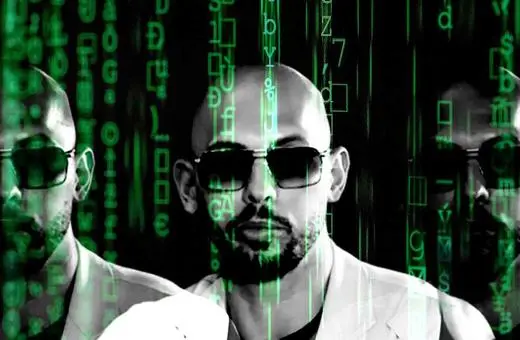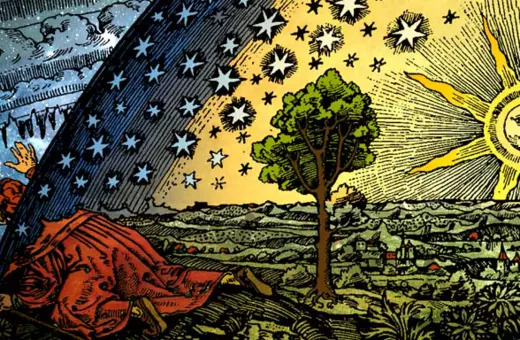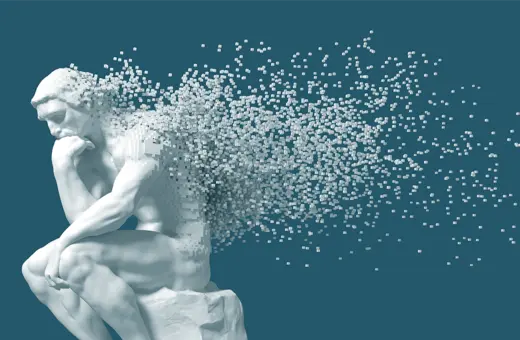Joanna Kavenna won the Orange First Novel prize for her debut novel, Inglorious, in 2007. Her other works include The Ice Museum and The Birth of Love. Her journalism has appeared in the London Review of Books, the Guardian, and the New York Times. Here she speaks about the difference between ancient and modern myths, and how they often serve to highlight the surprising similarities of shared experience.
What are present-day myths, and how do they differ from the myths of older times?
Well, to take one kind of myth as an example, there's the hero’s journey: it’s one of these Ur myths, a very recurring myth. Joseph Campbell wrote about it as the monomyth: in other words, the kind of myth that is in almost everything. So you could say that the hero's journey is an ancient myth.
You could start by saying it comes through classical works, as far back as the epic of Gilgamesh, one of the most ancient myths that we have, from Sumeria. The basic idea is that the hero leaves the confines of their safe village, the place that they know, and they go out into the great world where they meet friends and foes. They fight battles and they suffer hardships and they gain revelations, and at the end they get a kind of prize, some sort of reward before going back to the village with their new-found knowledge.
It's a recurring myth. You see it in the Odyssey, you see it in the grail legends, you see it in Jesus in the wilderness; there’s this perpetual reiteration, but it's not only an ancient myth because you see it in all of our contemporary culture as well.
Take Star Wars. It has exactly the same structure: Luke grows up in a boring place and longs to escape, and finally he does leave and has adventures and eventually gains the prize of becoming a Jedi. This narrative crops up everywhere and the reason it does is because it is perpetual, and this is why myth is so interesting, because it derives from real experience.
We all follow a similar narrative. We're all born into a family and we understand that we're safe in a particular environment, or at least most of us are, and then we leave the family and go out into the wider world. So it is a completely perennial human experience. That's how I understand a myth. It's a story that doesn't purport to be true, but is very reflective of a general experience, and in a way that's why it's survived and reformed in so many ways.
Some have argued that the myths of the modern world include things like progress, or perhaps the myth of human rights. Would you say that these are myths in the same sense? Do they deserve the same consideration or is it just a linguistic trick?
I suppose in the context of myths of progress, you could have a myth of the self, or the idea that you create from something that’s fairly intangible an overarching story to explain it.
And I think that’s fine as long you don’t get stuck in literalism. In a way, any myth is fine within reason so long as it does not purport to be the literal fact. That’s when you get into real trouble, because you get people fighting wars over these originally mythical constructions, things that were meant to be symbolic and not absolutely precise and eternal in relation to people.





















Join the conversation